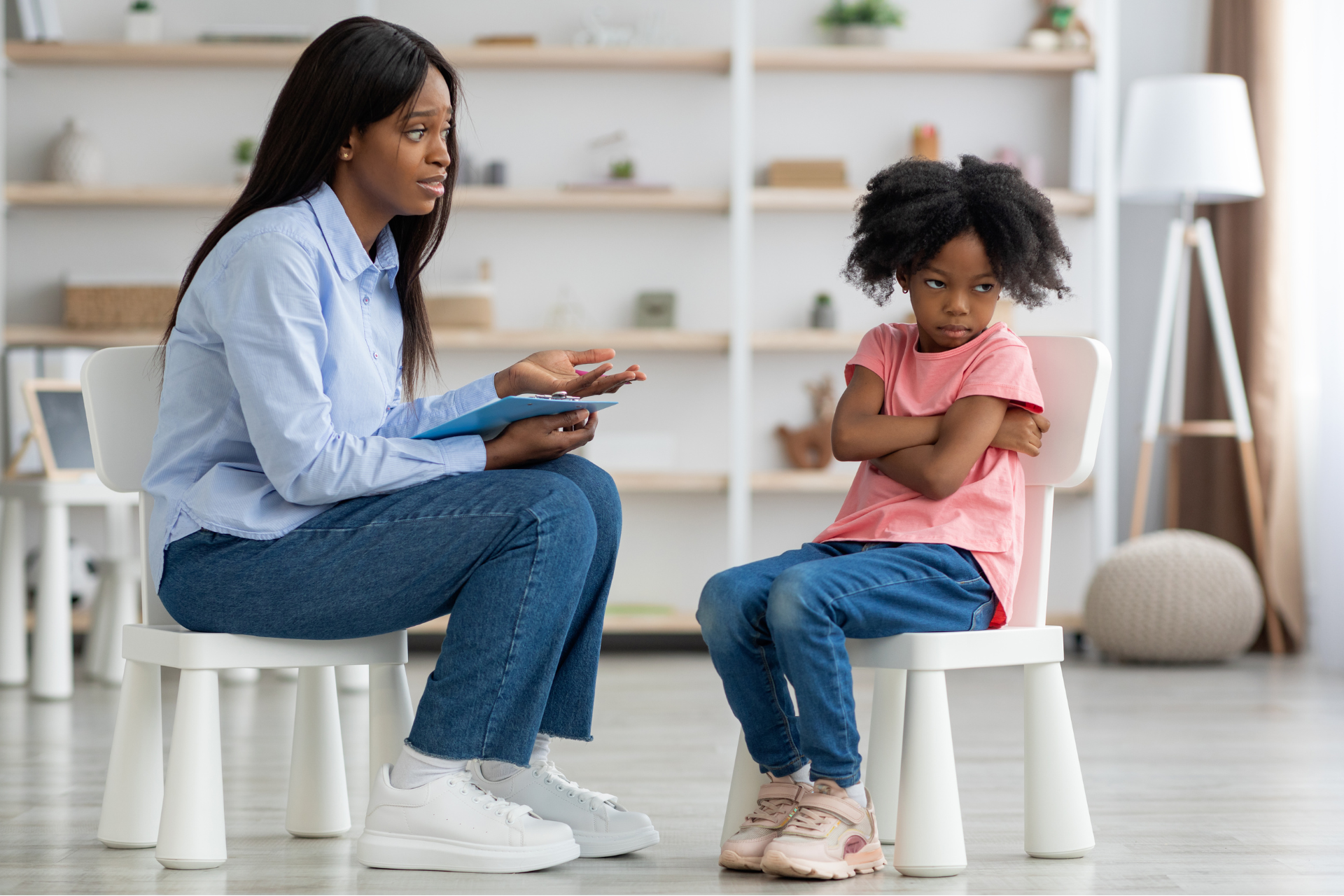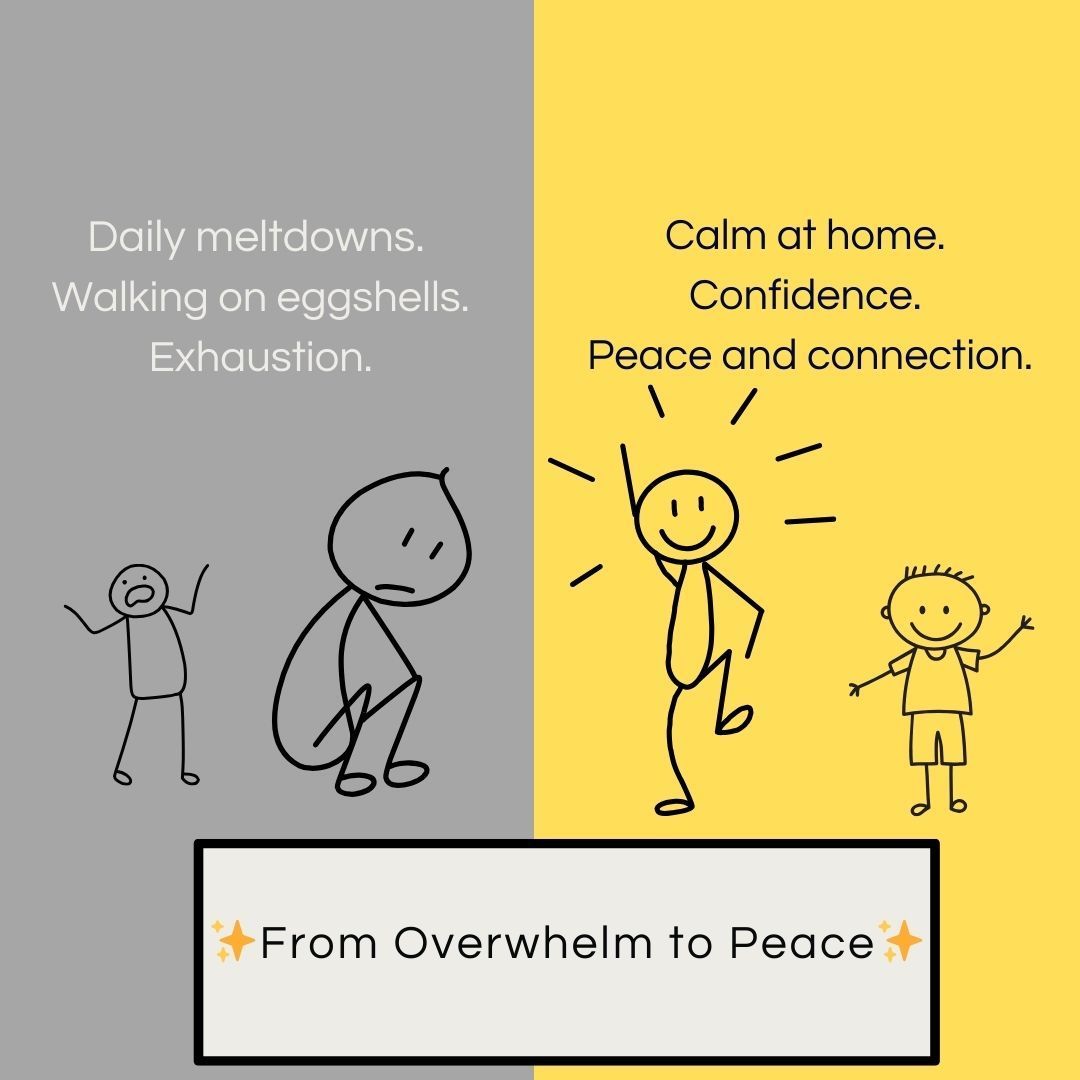How to Help Your Deeply-Feeling Child Thrive in Social Settings?
As a parent, understanding and nurturing the unique traits of your child is paramount to their well-being and success. If you have a deeply-feeling or
highly sensitive child, you may be familiar with the challenges they face in social settings. Hi, I'm Dr. Ceara Deno, and at Sweet Spot Parent Coaching, I specialize in helping parents navigate these challenges and empower their children to thrive. Below, we’ve outlined some personalized tips to support your deeply-feeling child in social situations.
● Understanding Your Child's Sensitivity
Firstly, it's crucial to understand what it means to have a highly sensitive child. These children possess a heightened awareness of their surroundings and emotions, often feeling things more intensely than their peers. They may be easily overwhelmed by loud noises, crowded spaces, or strong emotions from others. Acknowledging and accepting your child's sensitivity is the first step in helping them navigate social settings with confidence.
● Create a Safe Space for Expression
At Sweet Spot Parent Coaching, I emphasize the importance of creating a safe space for your deeply-feeling child to express themselves openly. Encourage them to share their thoughts and feelings without judgment. Listen actively and validate their emotions, letting them know it's okay to feel what they feel. By fostering open communication at home, you'll help build your child's self-esteem and resilience.
● Prepare Ahead for Social Events
Before attending social events, such as parties or gatherings, take the time to prepare your child for what to expect. Discuss who will be there, what activities will take place, and how long you plan to stay. This foresight can help alleviate any anxiety your child may feel about the unknown. Additionally, consider bringing along comforting items from home, like a favorite toy or blanket, to provide a sense of security in unfamiliar environments.
● Teach Coping Strategies
Equip your child with coping strategies to manage overwhelming emotions in social settings. Simple techniques such as deep breathing, counting to ten, or visualizing a peaceful place can help calm their nerves. Encourage them to take breaks when needed and respect their boundaries. By empowering your child with these tools, you'll instill a sense of control and self-regulation that will serve them well in various social situations.
● Encourage Positive Social Interactions
While deeply-feeling children may be more reserved in social settings, it's essential to encourage positive social interactions. Help your child identify potential friends with similar interests and facilitate opportunities for meaningful connections. Encourage them to participate in group activities they enjoy, such as sports, art classes, or clubs. By focusing on their strengths and passions, you'll boost their confidence and foster a sense of belonging.
● Lead by Example
As a parent, you play a pivotal role in modeling healthy social behaviors for your child. Show them how to navigate social situations with empathy, kindness, and respect for others' feelings. Demonstrate active listening and problem-solving skills, and encourage them to follow your lead. By witnessing positive interactions firsthand, your child will learn valuable social skills that they can apply in their own relationships.
● Celebrate Achievements
Finally, celebrate your child's achievements, no matter how small they may seem. Recognize their efforts to step outside their comfort zone and navigate social settings with courage and resilience. Offer praise and encouragement to bolster their confidence and reinforce positive behaviors. By acknowledging their progress and growth, you'll inspire your deeply-feeling child to continue thriving in social settings.
Final Thoughts:
Supporting a deeply-feeling child in social settings requires patience, understanding, and unconditional love. By creating a safe and supportive environment at home, teaching coping strategies, and leading by example, you can empower your child to navigate social situations with confidence and grace. Remember, every child is unique, and what works for one may not work for another. As Dr. Ceara Deno, a certified parent coach, pediatrician, and sensitive parent to two sensitive children, I offer personalized support tailored to your family's needs. With a non-judgmental approach and years of experience, I guide you through transformative changes for a peaceful home. When you reach out, you'll receive understanding and effective strategies to create lasting positive changes.












